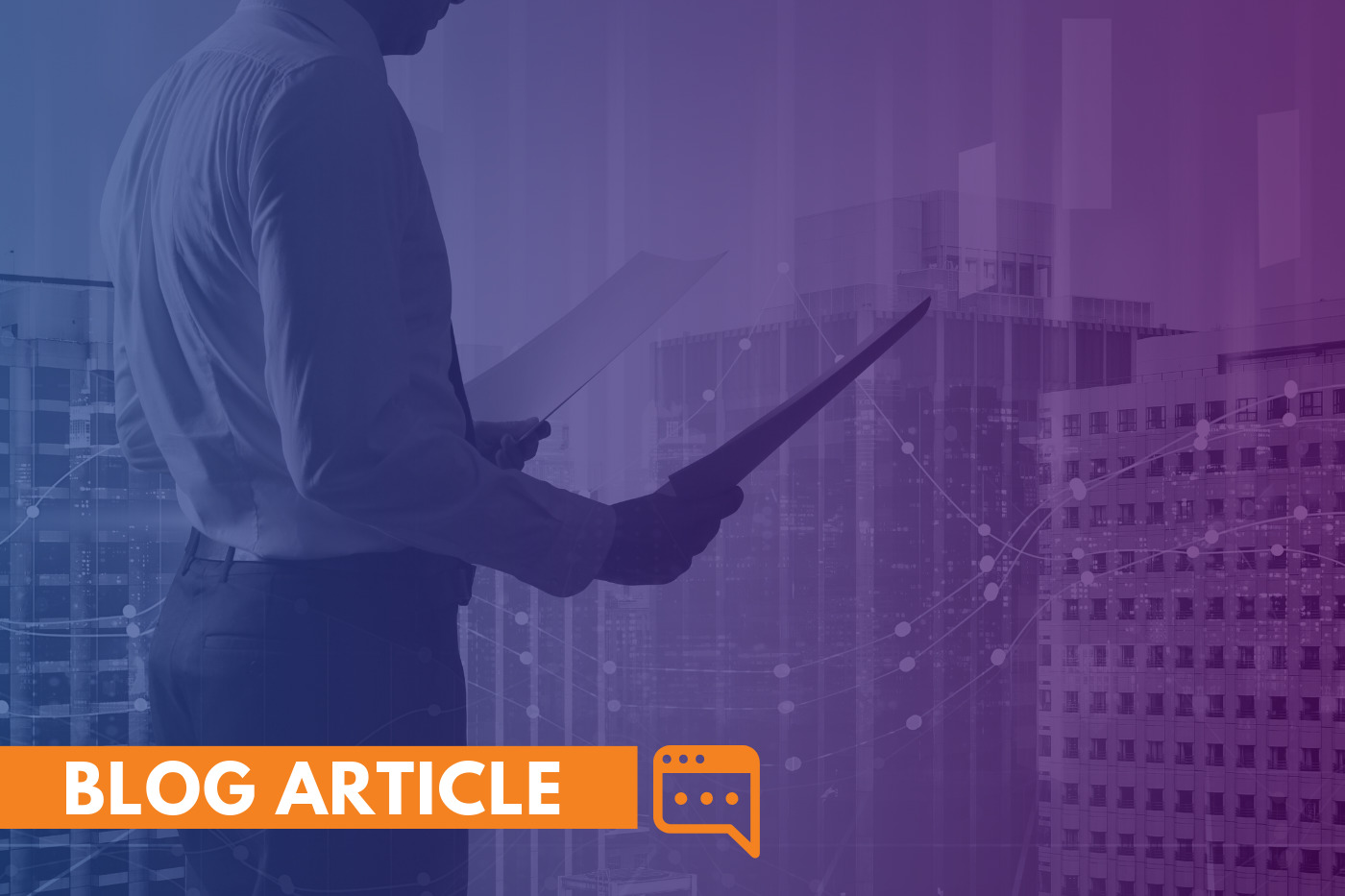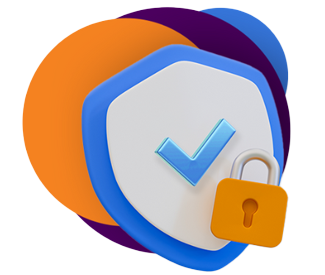

The rising popularity of remote work, bring-your-own-device (BYOD) policies, artificial intelligence (AI) and cloud-based software-as-a-service (SaaS) applications are introducing new threat vectors into the cybersecurity landscape at an unprecedented rate. And while your internal IT department (and/or outsourced managed service provider) typically takes the reins when it comes to technology initiatives, all company leadership should be involved in fulfilling the business’s cybersecurity objectives.
While the traditional image of a chief financial officer (CFO) is someone exclusively focused on billing, budgeting and forecasting, the new demands of today’s financial officers are more intense. To preserve the company’s financial integrity, CFOs need to join their C-suite colleagues in strengthening the organization’s cybersecurity posture.
Hackers have many tools at their disposal, and CFOs need to have a solid understanding of the basic threat types their company may face in order to safeguard their data properly.
Some of the most common types of cyberattacks companies face today include:
Because cyberattacks are constantly evolving, companies must ensure their tools and applications receive frequent patch management updates. Cybercriminals can savvily take advantage of existing or even undiscovered (zero-day) vulnerabilities, which can lead to harmful intrusions, data breaches and lost revenue.
Many of the CFO or top financial executive’s daily tasks and responsibilities already overlap with common cybersecurity goals. Here are some of the most important CFO cybersecurity tasks.
As the head of finance, the CFO must ensure that all your financial records are accurate and well-maintained. Storing your financial documents in a secure cloud environment protected with backup and recovery capabilities and protected by strict access control policies will help reduce the risk of internal threats by ensuring that only authorized users access your corporate financial files. Establishing a standard for recording and storing financial information is also critical, as it provides a clear audit trail for internal and external inspections.
Together with the chief technology officer (CTO) or chief information security officer (CISO), the CFO creates a cybersecurity budget that outlays investment priorities across hardware, software, employee training and other areas. Investing in advanced cybersecurity technologies — such as zero-trust security architectures or advanced threat detection — is a sound decision for organizations that lack the staffing or expertise to handle cybersecurity tasks themselves. For many companies, a managed security service provider (MSSP) is key to delivering these capabilities , as they can be expensive to purchase themselves.
Outsourcing and co-sourcing to third-party service providers can significantly enhance your company’s productivity. However, it can also open your system to new risks — especially if your provider lacks sufficient information security measures. Before your company signs on with any contractors or service providers, your CFO and cybersecurity team should work together to perform a thorough due diligence assessment.
That also goes for third-party cybersecurity providers. You need to choose a managed security service provider (MSSP) with a proven track record of competence in protecting businesses against both malicious and unintentional risks.
Preparing for cybersecurity incidents is a question of “when” rather than “if.” Cyber liability insurance helps protect your organization from serious damages related to cyber incidents, but you must meet strict requirements to qualify for coverage. Those requirements can include:
Depending on the organization’s threshold for risk, the CFO will need to spend time carefully considering the level of cyber insurance needed and what other finances should be put aside for incident response and recovery in the event of a material cybersecurity incident or data breach.
Cybersecurity and data protection standards are increasing across virtually every industry, and thus CFOs and other executives are becoming more involved in the regulatory compliance process. CFOs should participate in the review process for the organization’s data protection policies, including those that pertain to the safety or destruction of financial information. These policies – as well as audit documentation and vendor risk policies – are becoming more frequently required as part of IT compliance benchmarks.
Additionally, noncompliance with legal and industry regulations can cost your company more than just fines — failing to meet these standards puts your organization at a significantly greater risk of attack. CFOs can decide to invest in outsourcing key cybersecurity tasks to an MSSP, which takes some of the burden of compliance off their shoulders and transfers it to the provider. Ultimately, this decision can help businesses save money in the long term by reducing their risk of noncompliance.
A security culture is a broad term that refers to how everyone at your organization thinks and acts in regard to cybersecurity. Companies that have strong security cultures equip their employees with the knowledge and tools they need to identify and report cyber threats when they see them.
Employees will also know exactly why cybersecurity is important for their company, which can help motivate them to remain vigilant in their work. This training helps reduce the risk of shadow IT and improves company resilience, which helps your business become more proactive in addressing real and potential threats.
Where does a CFO rank in the security culture? As the head of the company’s financial operations, a CFO is one of the most important players in establishing a strong security culture. Leading by example and incorporating cybersecurity into every aspect of their work is essential for demonstrating what employees should do to prioritize security in their day-to-day responsibilities.
Buy-in from a company’s CFO can significantly improve the chances of successfully implementing and maintaining a strong cybersecurity program, though you’ll still need the proper resources to get started. Omega Systems is a trusted MSSP for mid-market and enterprise companies and provides the advanced infrastructure and support you need to protect your company’s operational integrity and reduce your financial risk. Smart Secure, our fully managed cybersecurity service, can help your company proactively respond to evolving threats like phishing, ransomware and more. Plus, we offer cyber awareness training services to reduce the chances of accidental insider threats.
If you’re looking for a partner to help establish a strong security culture at your organization, Omega Systems is here for you. Contact us today to learn more.
 Contact Omega Systems for Managed Cybersecurity
Contact Omega Systems for Managed CybersecurityIf you’re looking for a partner to help establish a strong security culture at your organization, Omega Systems can help.